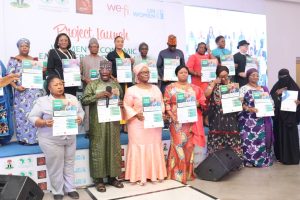
The Federal Ministry of Women Affairs in collaboration with the UN Women of Nigeria has launched a project to make women entrepreneurs better access to more opportunities in both public and private sectors in Nigeria.
The Honourable Minister Of Women Affairs, Dame Pauline Tallen made this known while delivering a keynote address in which she was represented by a Director of the ministry Idris Mohammed at the Project Launch AFDB – UN Women, Women’s Economic Empowerment through Affirmative Procurement Held at Frazer Suite Abuja on Thursday, 18th August 2022.
Tallen maintained that the Ministry of Women Affairs will work side by side with UN Women and other stakeholders involved in the project to address the barriers being encountered by women-owned businesses to have enhanced access to procurement opportunities.
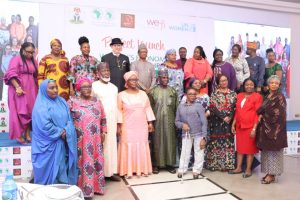
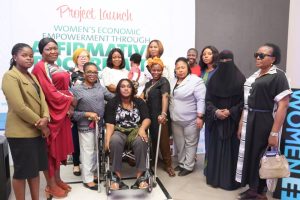
The minister lamented how Women-Owned Small and Medium Enterprises (WSME) are still severely underrepresented as suppliers, and at best, are represented at the lowest tiers of supplier categorization.
Tallen decries limiting factors on women’s participation in public procurement and commends development partners for supporting moves to turn the tide.
She commended the African Development Bank (ADB), UN Women the Women’s Entrepreneurs Finance Initiative (We-Fi) for committing resources to the initiative of reforming and collaborating with the Federal Ministry of Women Affairs in advancing gender equality and the empowerment of women in Nigeria, especially in attempts to remove all known impediments against women entrepreneurs as they seek to participate in the procurement of public goods and services.
Describing the launch event as “a milestone in our advocacy for promoting women’s inclusion in all aspects of national development, Tallen said the project launch will create needed media visibility to increase awareness of the project among critical stakeholders in the Government and Private sectors, as well as provide the first building block for advocacy around policy reform about Affirmative Public Procurement.
The Minister said economic empowerment for women entrepreneurs through enhanced access to public and private procurement opportunities will create market opportunities that have long been recognized as an engine of growth for small and medium enterprises. It represents an attractive market for women entrepreneurs as it accounts for 15 to 30 per cent of GDP globally. In addition, procurement can sometimes consume as much as 50 per cent of GNP in some countries. She added that launching the affirmative procurement project, is in line with one of the 9 priorities as handed down to the Women Affairs Ministry by the Federal Government to “Collaborate with relevant Stakeholders to develop and implement Economic Empowerment Programmes for Women”; this she stated, “further lends credence to President Muhammadu Buhari’s Administration to recognize that enhancing access to public procurement opportunities for women entrepreneurs has the potential for improving women’s economic participation, which is a requisite propagator of inclusive economic growth and National Development.”
Dame Tallen stated that limited access to procurement opportunities, reinforces the negative stereotypes regarding women in business, limiting their contribution to economic growth while perpetuating their dominance in the Nigerian informal sector and therefore urged all stakeholders to action.
Of the limiting factors identified by the Honourable Minister which she said have to be urgently revised are limited information around the drafting of bids and lack of technical capacities to execute contracts; access to information and networks to respond to procurement calls; long delays in payment from government procuring entities, all which discourage small-sized women-owned businesses from participating in the bidding process. These challenges, she revealed “are more pervasive within the informal economy.”
Dame Tallen revealed that her Ministry piloted Affirmative Procurement in 2020 by providing relief assistance to 3,060 vulnerable households made up of Widows, Elderly Women, Women living with HIV/AIDs, and Women with Disabilities in the wake of the COVID-19 pandemic. She added that the Ministry partnered with UN Women on Covid-19 Palliatives Distribution in 17 States using the Affirmative Procurement process in favour of women-led businesses.
Other limiting factors to affirmative procurement which the Minister identified include high pre-qualification costs and the inability to secure pre-financing commitments from financial institutions. “Women-led business
The programme will Pioneer in Lagos and Kaduna states respectively where other states will follow subsequently.
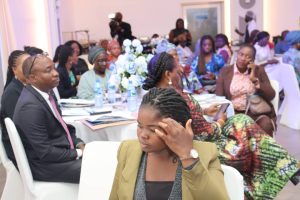
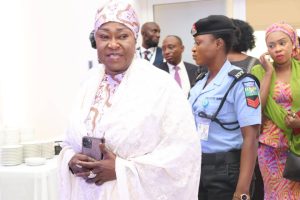


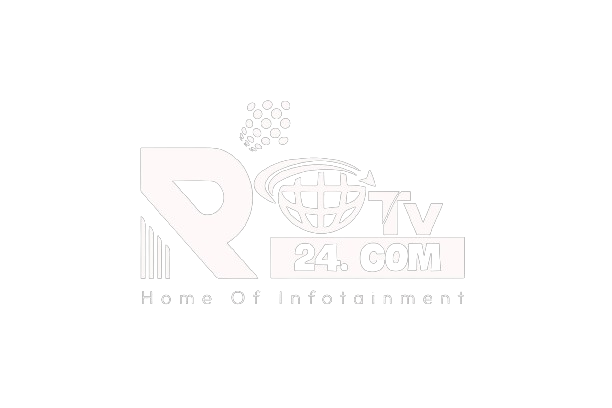
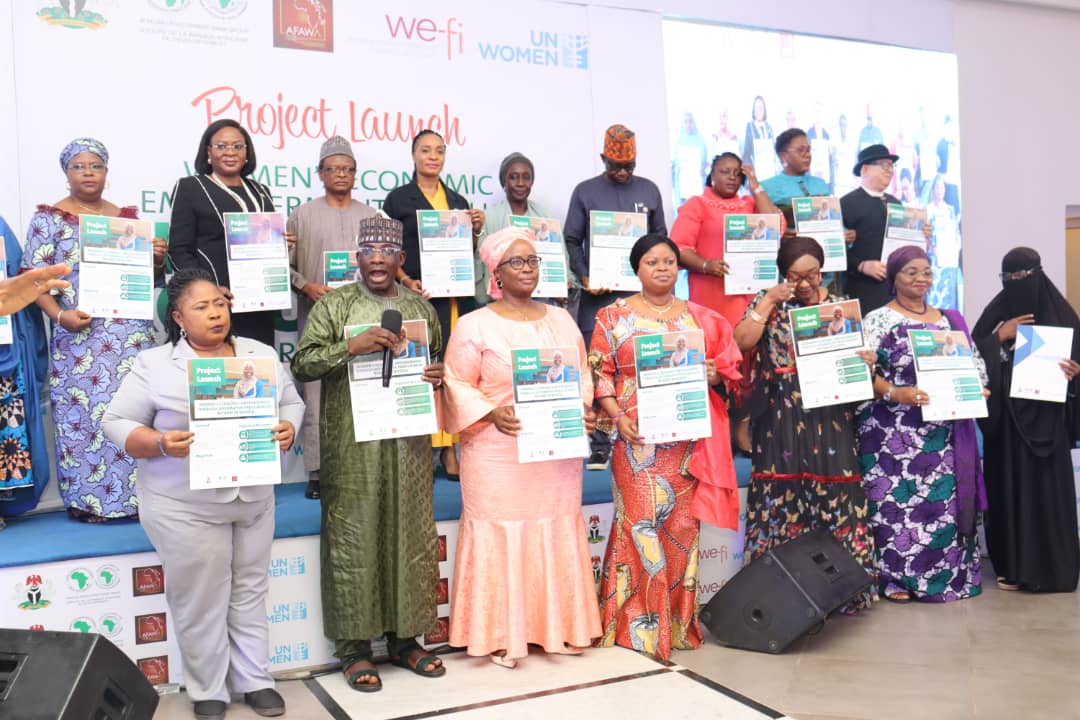
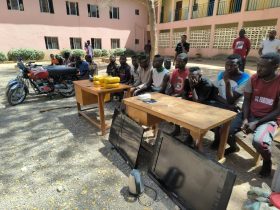




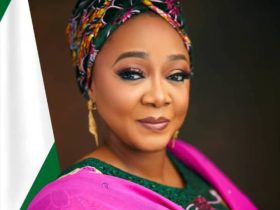
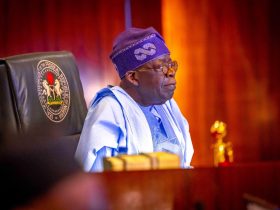

Leave a Reply